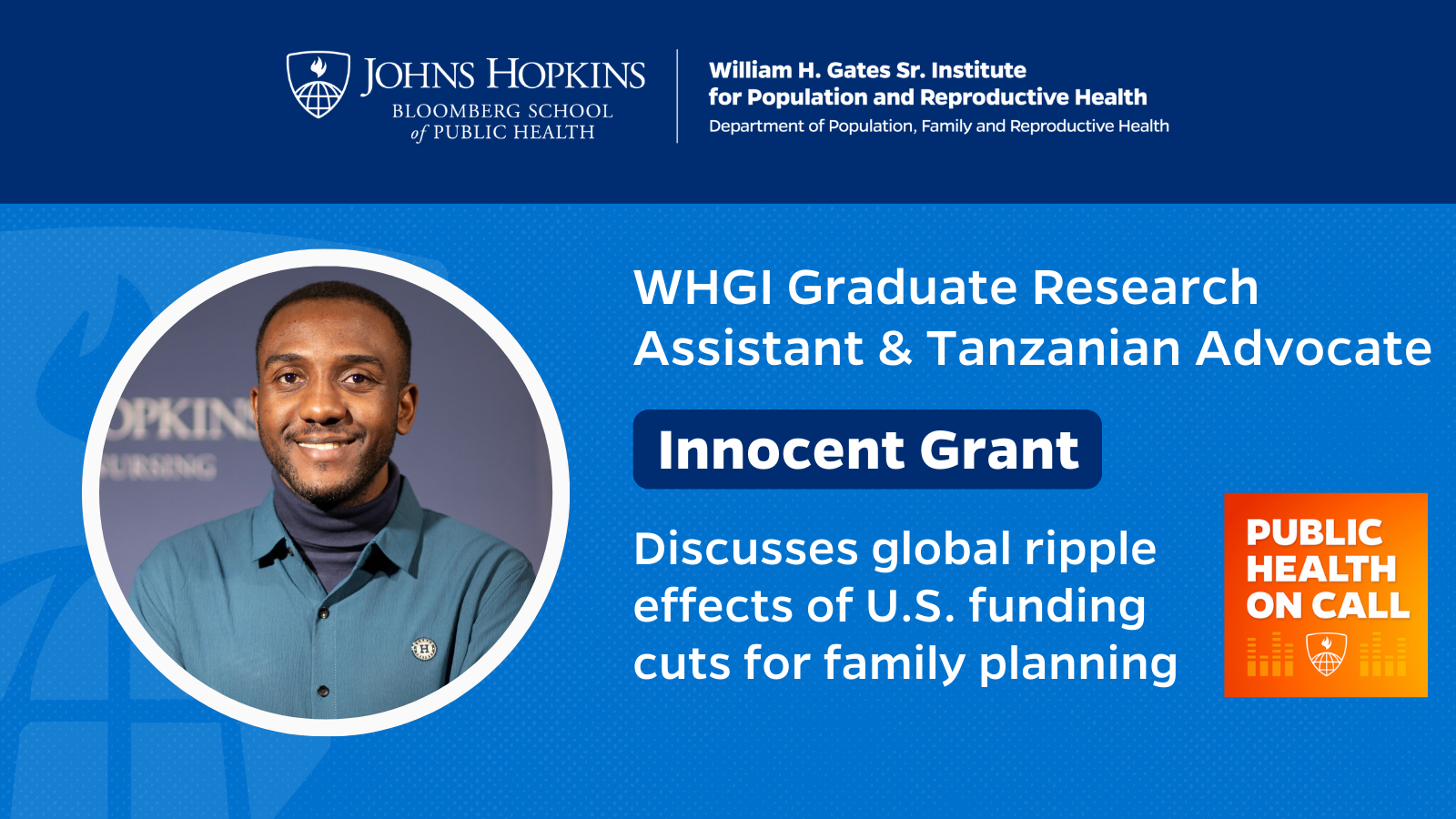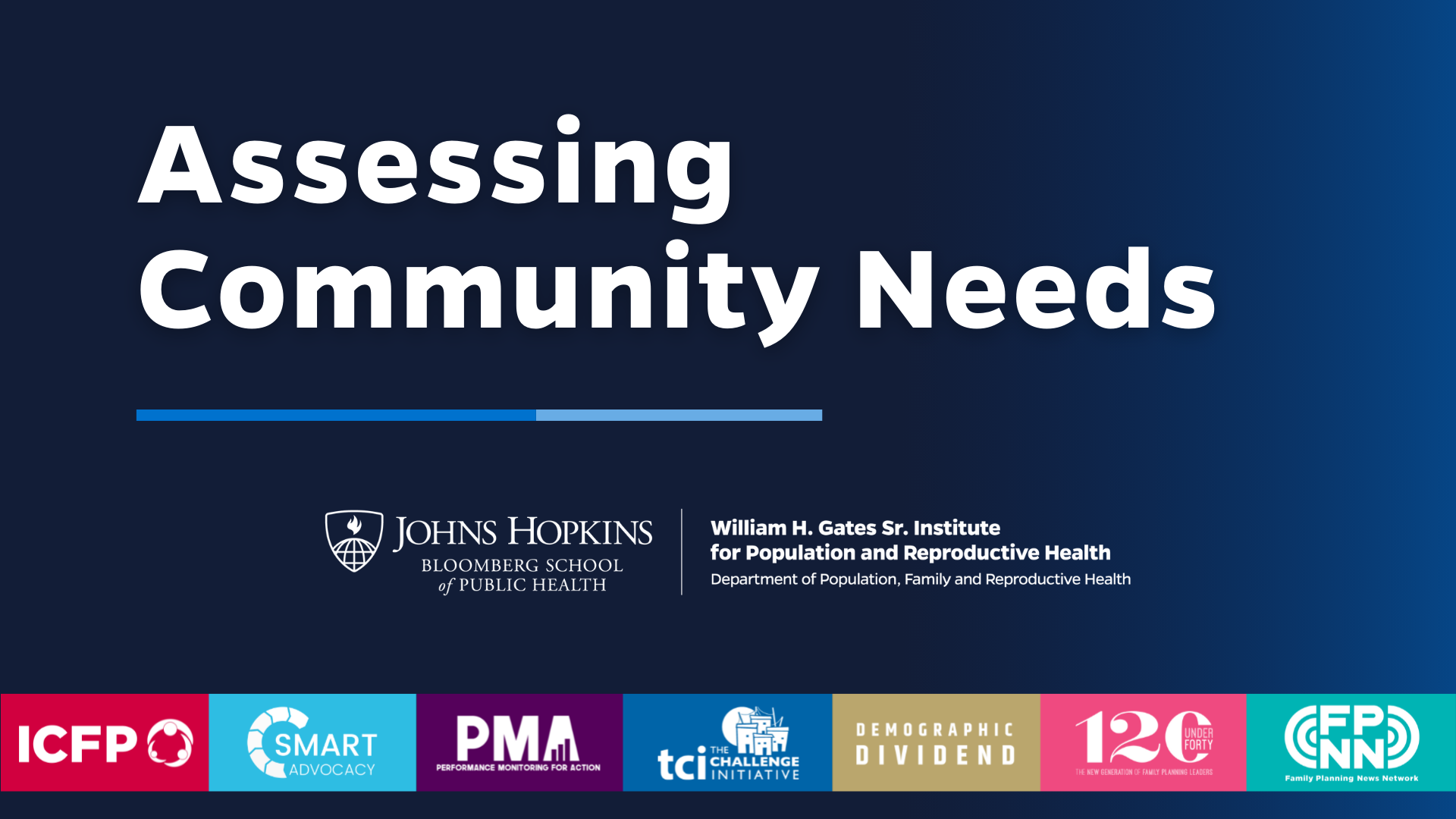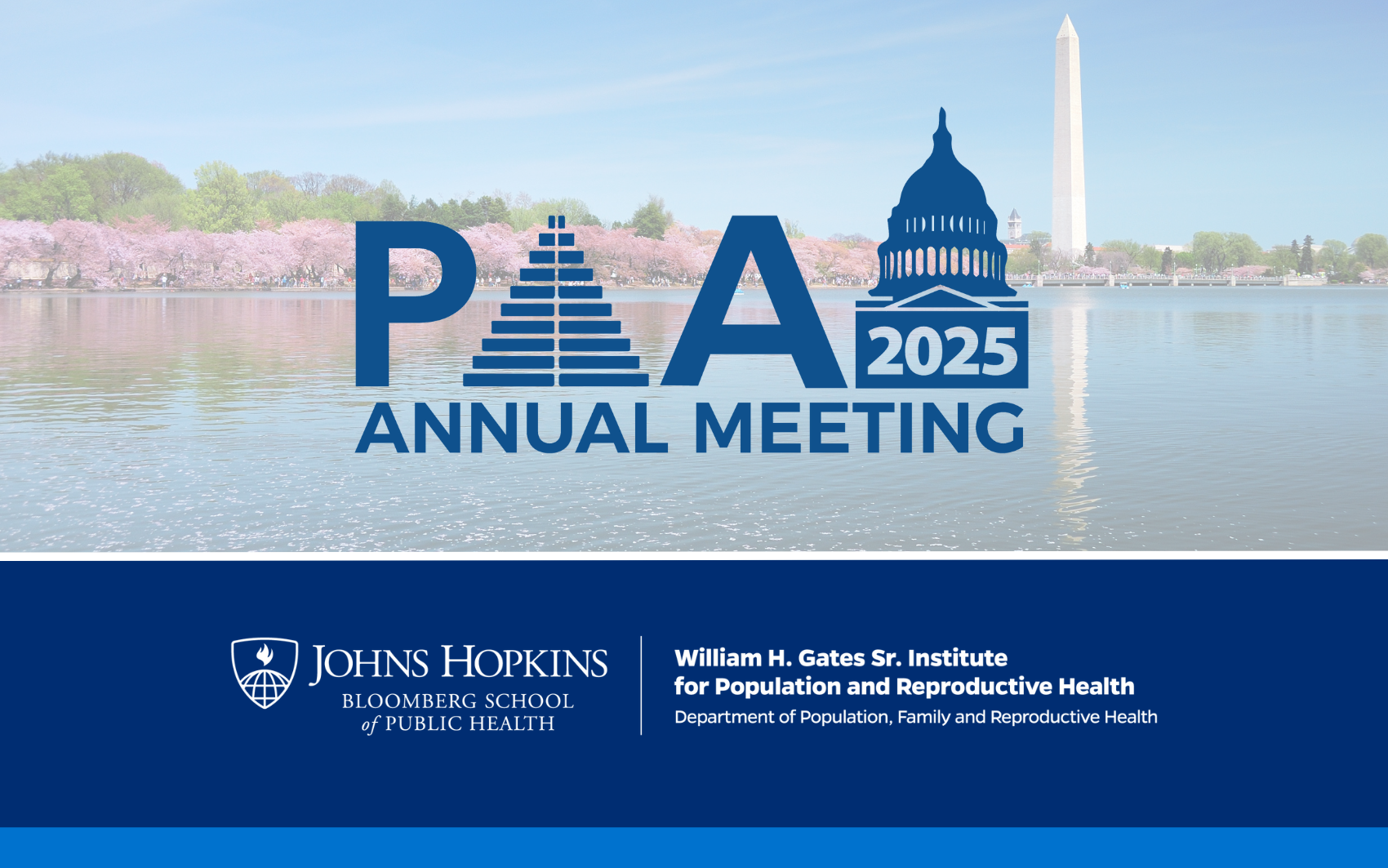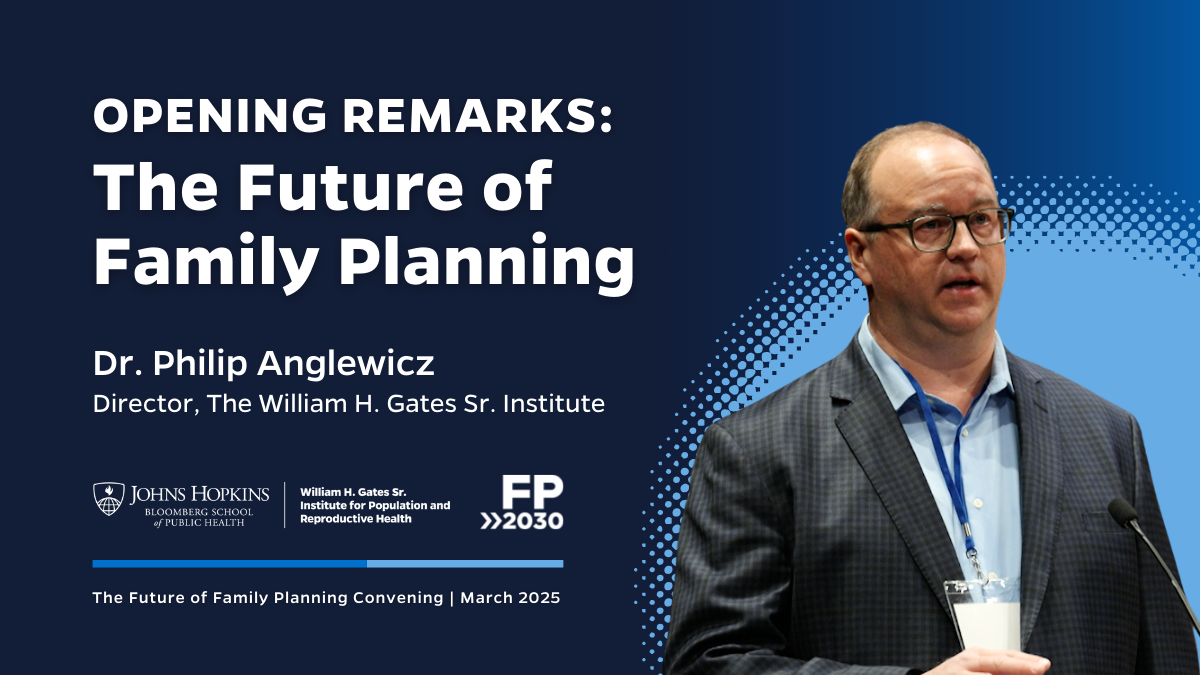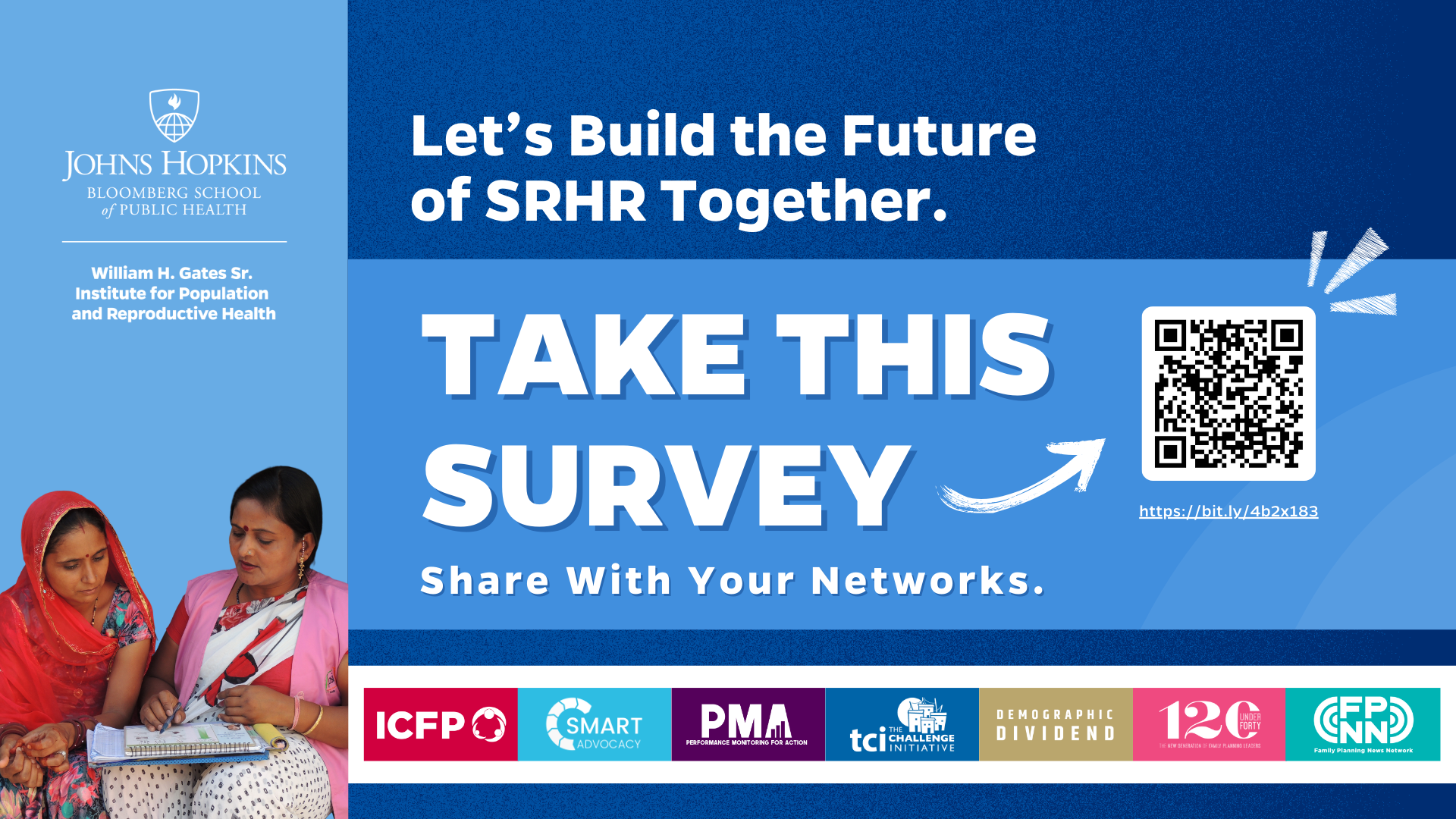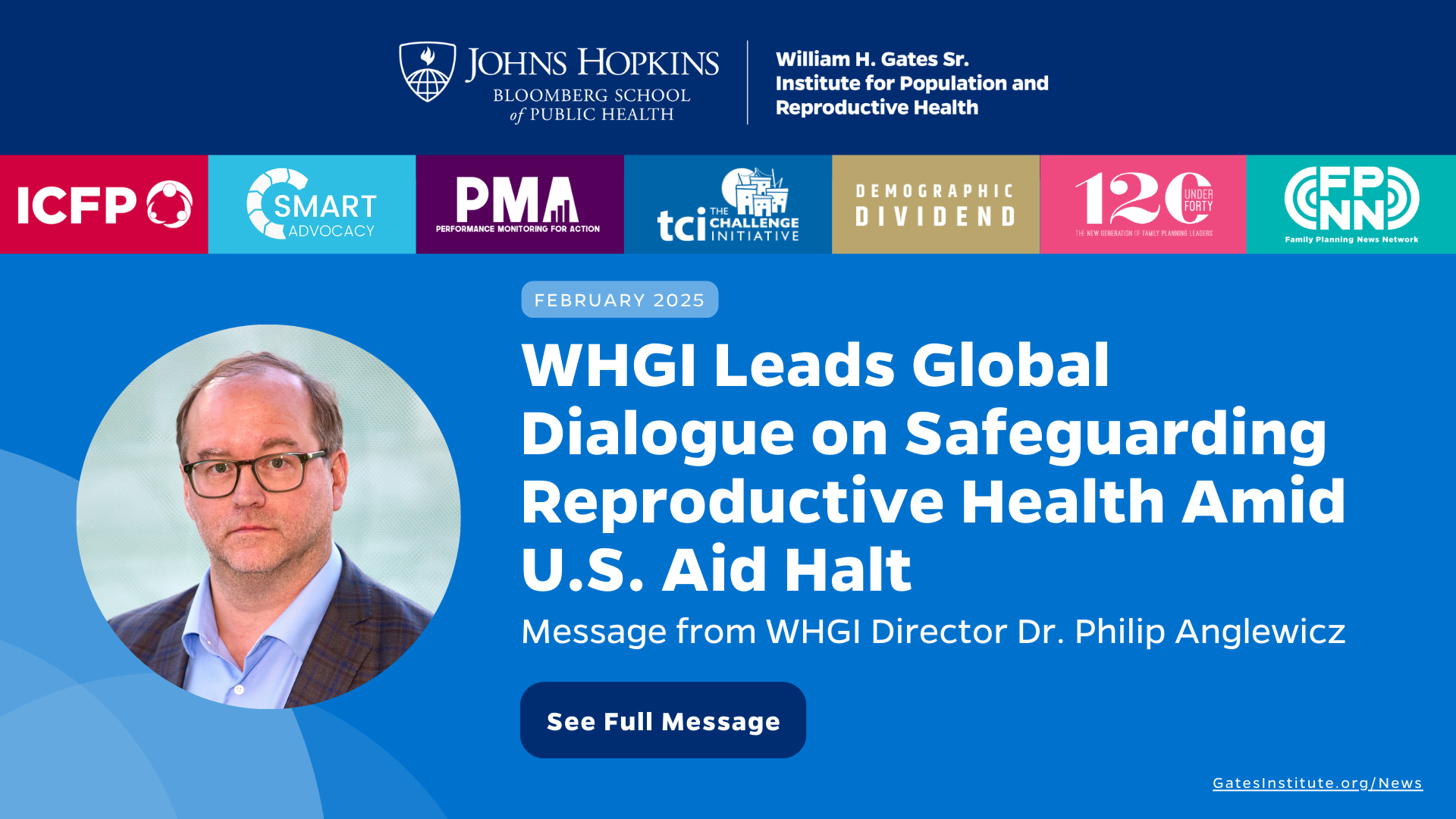The WHGI is thrilled to announce a new groundbreaking project: we were recently awarded a grant from the National Institutes of Health (NIH) to measure Alzheimer’s Disease and Alzheimer’s Disease Related Dementias (AD/ADRD) in Cote d’Ivoire, in partnership with Ecole Nationale Supérieure de Statistique et d’Economie Appliquée d’Abidjan (ENSEA).
Most research on AD/ADRD is set in higher income contexts in North America, Europe, and Asia. Yet the burden of AD/ADRD is rapidly increasing in low- and middle-income settings (LMICs). In fact, by 2050, nearly 75% of all cases of Alzheimer’s disease and related dementias are projected to occur in LMICs- and particularly in Sub-Saharan Africa (SSA). Although the population age structure is and will remain relatively young in countries in SSA for the near future, the number of individuals aged 60 and older in SSA is expected to triple by 2050, the fastest growth rate among world regions.
This project is part of a larger initiative from the National Institute of Aging (NIA), which is supporting measurement of AD/ADRD in a broader range of geographic settings, to increase knowledge about the etiology of this family of diseases and accelerate the pace of scientific discovery. Given the dearth of research on AD/ADRD in Francophone West Africa and the different patterns of social, economic, and policy factors that influence healthy aging in this region, this study is poised to contribute significantly to what is known about AD/ADRD globally.
For the WHGI, this project broadens our portfolio on Demographic Futures and extends our long and fruitful history of collaboration with ENSEA. Please check back for more updates as this project progresses.


